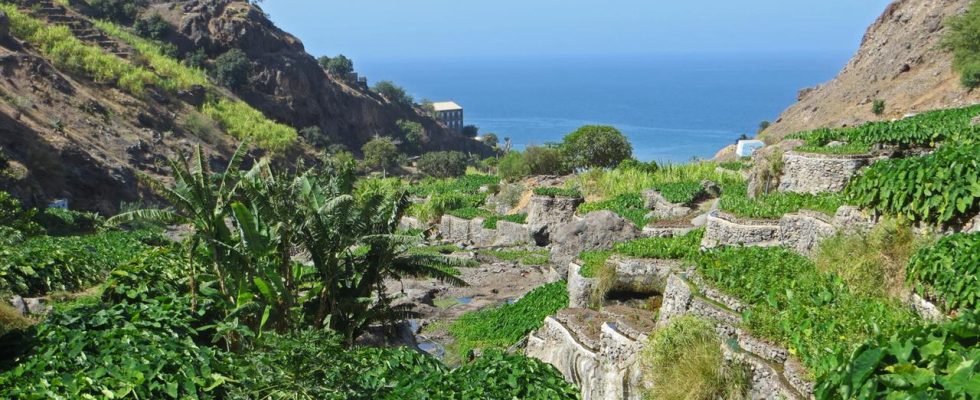Good news for the Cape Verde archipelago: The island nation in the Atlantic has been declared malaria-free by the WHO. According to the government, there have been no local infections for three years.
The island nation of Cape Verde off Africa’s Atlantic coast has defeated the disease malaria. The The World Health Organization (WHO) certified the country as malaria-free. To do this, the government had to prove that there had been no local infections for at least three years and that a good surveillance system could prevent the return of malaria. Cape Verde has a population of about 600,000 people.
After the island state of Mauritius in 1973 and Algeria in 2019, it is only the third country on the African continent to receive this certificate. According to WHO Director-General Tedros Adhanom Ghebreyesus, this shows that Cape Verde is protecting and promoting health through public planning and sustainably. The success proves that “with existing and new tools, including vaccines, we can dare to dream of a world without malaria.”
Popular holiday destination in the Atlantic
The certificate also has economic consequences. The archipelago of ten islands in the Central Atlantic has become a popular holiday destination over the past 20 years. Before the corona pandemic, tourism contributed around 25 percent of gross domestic product annually.
Malaria very dangerous for small children
The malaria parasite is transmitted by infected mosquitoes. The disease can be life-threatening. According to WHO information, there were an estimated 249 million infections and a good 600,000 deaths in around 85 countries worldwide in 2022, especially in Africa. There, 80 percent of deaths are children under the age of five.
According to information from the children’s aid organization UNICEF, malaria is one of the most common causes of death for children under the age of five. Around 500,000 girls and boys die from the infectious disease every year. The WHO has now approved the first vaccines.
Anti-mosquito agents and mosquito nets for sleeping areas offer protection against infection. Breeding opportunities, such as standing water in bowls and other small containers, should be eliminated.

